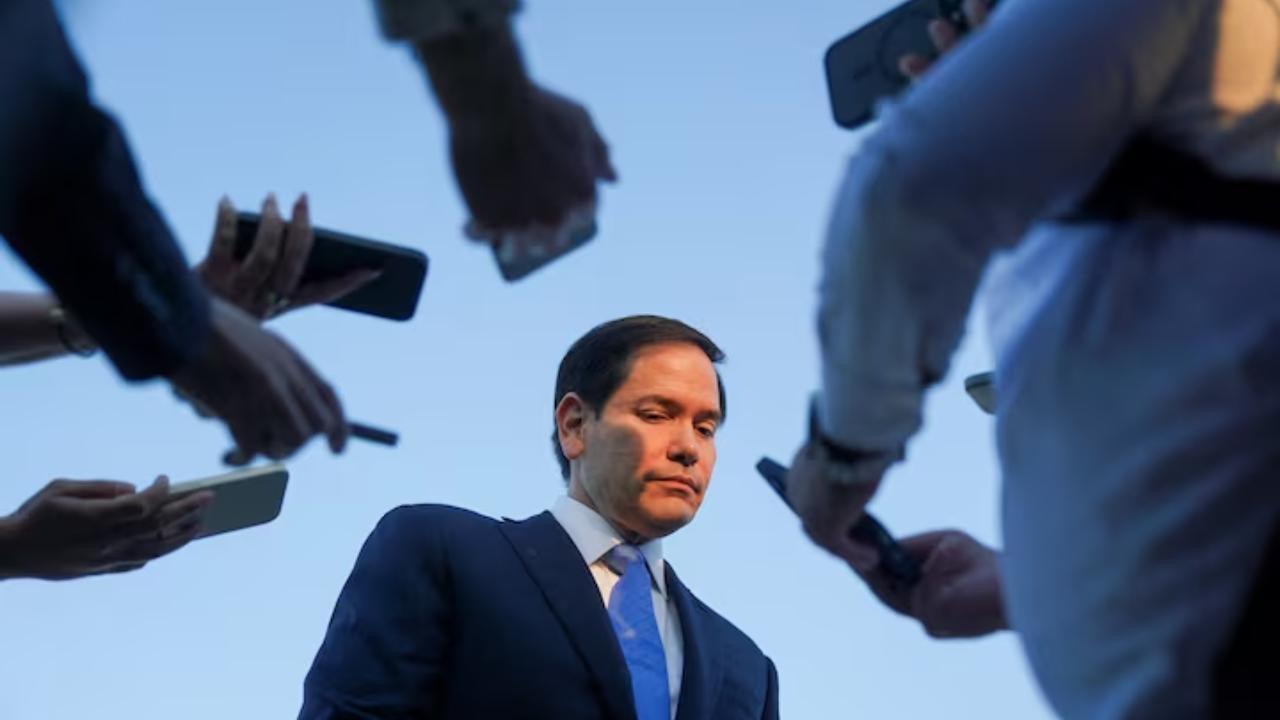
Post by :
Photo: Reuters
In September 2025, the Middle East faced new tensions after Israel conducted an airstrike in Doha, the capital of Qatar. The strike targeted leaders of Hamas, the Palestinian political and militant group, and killed several members. A Qatari security agent was also killed in the attack, which angered Qatar and caused widespread concern among Arab nations.
Following this strike, the United States, led by Secretary of State Marco Rubio, took steps to strengthen its relationship with Qatar. Rubio announced that the U.S. and Qatar are nearing an enhanced defense cooperation agreement. This agreement is expected to increase security collaboration and strengthen Qatar’s role as a mediator in the ongoing Gaza conflict.
Background: The Israeli Airstrike in Doha
On September 9, Israeli forces carried out a surprise airstrike in Doha. The target was a meeting of Hamas leaders. The strike resulted in the deaths of at least five Hamas operatives, along with a Qatari security agent who was protecting the location.
The airstrike shocked the international community because it occurred outside of Gaza or the Palestinian territories. Many countries saw it as a serious escalation that violated Qatar’s sovereignty. Qatari officials described the attack as “cowardly and treacherous,” emphasizing that no country should carry out a military strike on Qatari soil.
Despite the outrage, Qatar continued to support efforts for peace in the Gaza conflict. The country has long served as a mediator between Israel and Hamas, along with Egypt and the United States. Qatar’s role includes negotiating prisoner releases, managing ceasefires, and addressing humanitarian concerns in Gaza.
The Role of the United States
Following the airstrike, U.S. Secretary of State Marco Rubio visited the region. Rubio first went to Israel to meet with Prime Minister Benjamin Netanyahu. He then traveled to Doha to meet with Qatari officials.
Rubio highlighted the importance of Qatar’s mediation in achieving a ceasefire between Israel and Hamas. He praised Qatar’s efforts to negotiate humanitarian aid and protect civilians in Gaza. Rubio emphasized that U.S.-Qatar cooperation is crucial for regional stability and for addressing the ongoing violence.
At the same time, Rubio confirmed that the United States and Qatar are close to finalizing an enhanced defense cooperation agreement. While details of the agreement have not been disclosed, it is expected to cover:
Rubio also noted that the agreement will strengthen the U.S.-Qatar partnership and ensure that Qatar can continue its role as a key mediator in the Gaza conflict.
Qatar’s Strategic Importance
Qatar is a small country geographically but holds a powerful position in the Middle East. It hosts the largest U.S. military base in the region, which makes it a vital partner for the United States. The base allows U.S. forces to operate quickly and efficiently in the Gulf, providing security and support to allies.
The Israeli airstrike tested the strength of the U.S.-Qatar relationship. Despite the attack, both nations have moved to reinforce their partnership. Qatar has expressed willingness to continue hosting U.S. forces and cooperating on defense matters.
Beyond military concerns, Qatar plays a diplomatic role. It mediates between Israel and Hamas, working to resolve conflicts peacefully. By cooperating closely with the U.S., Qatar can leverage its influence to encourage ceasefires and humanitarian aid deliveries in Gaza.
The Gaza Conflict and Humanitarian Concerns
The Gaza conflict has caused enormous suffering for civilians. Thousands have been killed, including women and children. Homes, schools, and hospitals have been damaged or destroyed. Many families have been displaced, and humanitarian aid is urgently needed.
The U.S.-Qatar defense agreement could have a positive impact on humanitarian efforts. By working together, the two countries can provide protection for aid deliveries and negotiate safe zones for civilians. Their collaboration may also help pressure Hamas and Israel to agree to ceasefires, reducing the number of casualties and destruction.
Regional Implications
The Israeli strike in Doha raised concerns throughout the Middle East. Countries that have worked to normalize relations with Israel, including the United Arab Emirates and Bahrain, are now reconsidering their positions. Many Arab nations fear that Israel could carry out attacks in other countries if there is no clear accountability.
The emergency meetings held by Arab and Islamic leaders emphasized this concern. Leaders condemned the attack and called for unity in defending sovereignty and supporting peace efforts. The statements showed that the region is watching Israel closely and that any future actions could have political consequences.
The Defense Cooperation Agreement
The agreement will not only strengthen Qatar’s defense capabilities but also solidify its position as a key partner of the United States. It reflects the mutual interest of both countries in maintaining stability in a volatile region.
Diplomatic Significance
The timing of the agreement is significant. It follows immediately after the Israeli airstrike, showing that Qatar and the U.S. are determined to manage the fallout and prevent further escalation. By working together, they aim to:
Reduce the risk of further attacks in Gulf countries
For the United States, the agreement also demonstrates its commitment to allies in the Middle East. For Qatar, it reinforces the country’s role as both a mediator and a military partner, enhancing its influence in regional politics.
Future Outlook
While the defense agreement is still being finalized, it represents a clear step toward closer U.S.-Qatar cooperation. The partnership could influence the Gaza conflict by providing diplomatic leverage, ensuring humanitarian protections, and deterring further attacks on foreign soil.
However, challenges remain. The ongoing conflict between Israel and Hamas continues to create uncertainty. The human cost remains high, and political tensions across the region are fragile. Maintaining peace will require careful diplomacy, continued cooperation, and a focus on protecting civilians.
The Israeli airstrike in Doha was a turning point that highlighted the fragility of regional stability. It caused anger among Arab nations, highlighted Qatar’s importance as a mediator, and led to strengthened U.S.-Qatar ties.
Secretary of State Rubio’s announcement of a near-final defense agreement underscores the strategic importance of Qatar. This partnership is expected to help mediate ceasefires, protect civilians, and prevent further escalation.
As the world watches, the outcome of this agreement could influence the trajectory of the Gaza conflict, the safety of civilians, and the broader security of the Middle East. Both the United States and Qatar have a chance to use this partnership to encourage peace, prevent further violence, and demonstrate that diplomacy and defense can work together for stability.

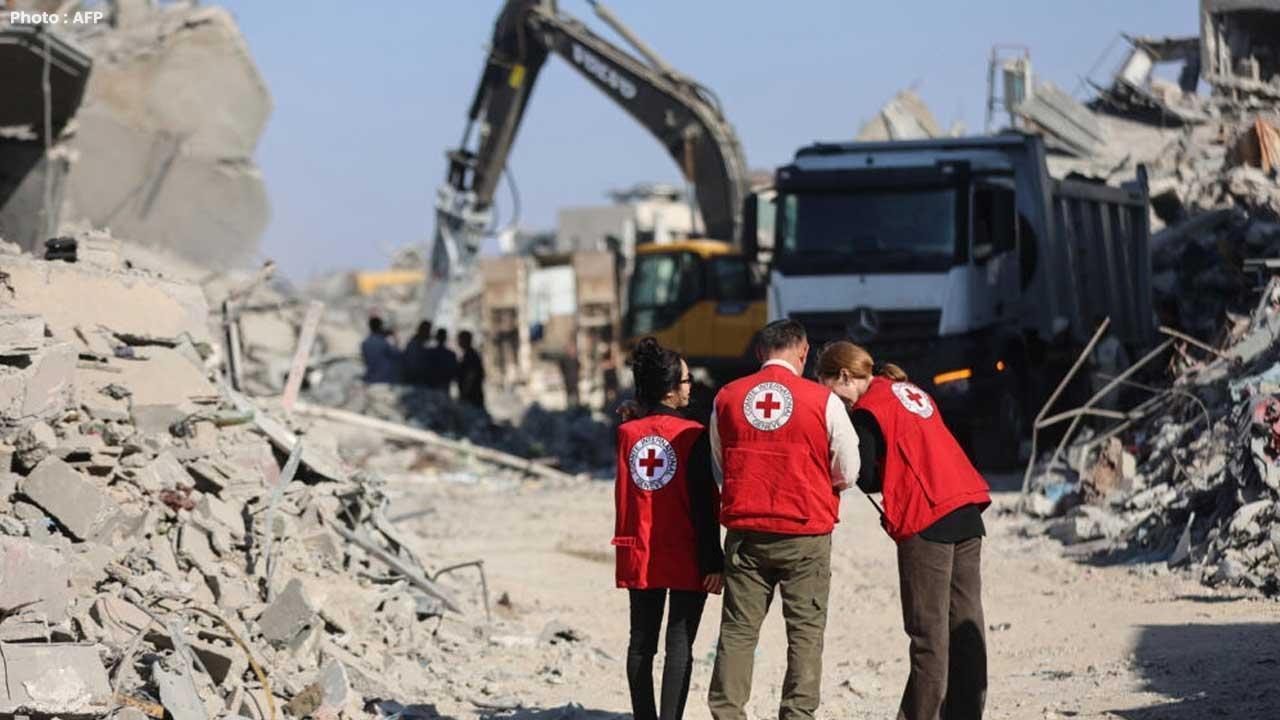
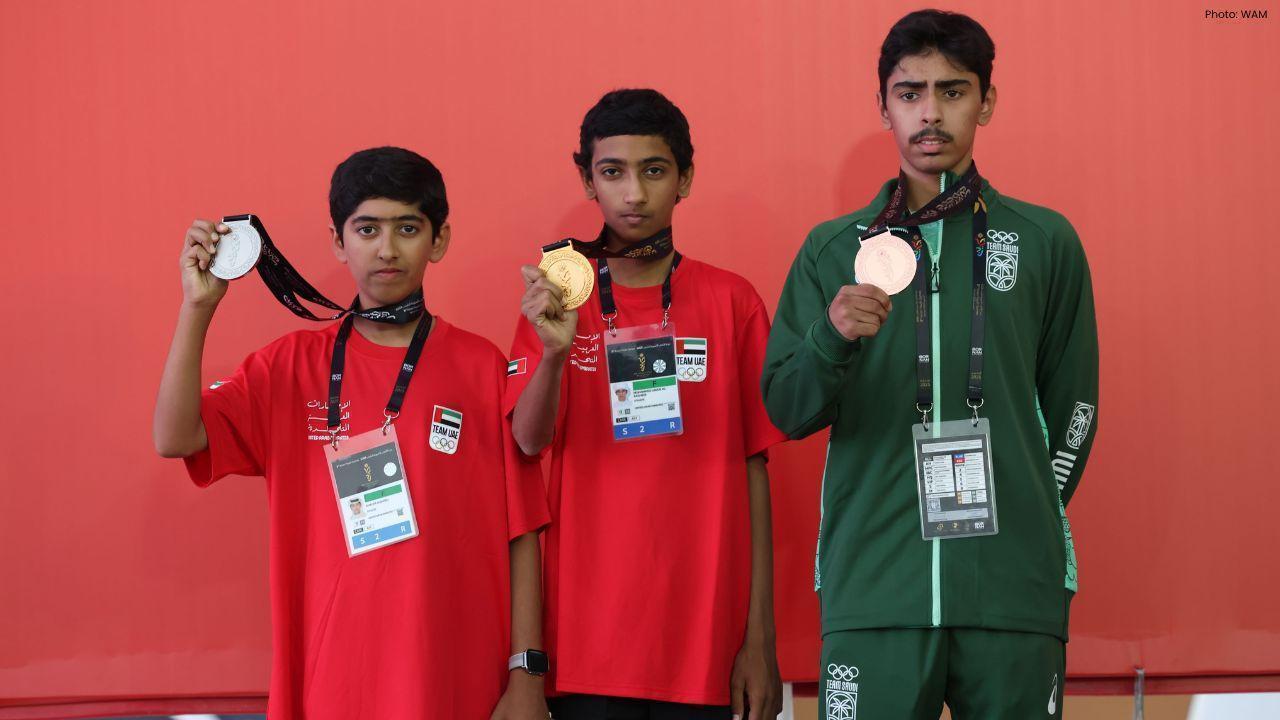
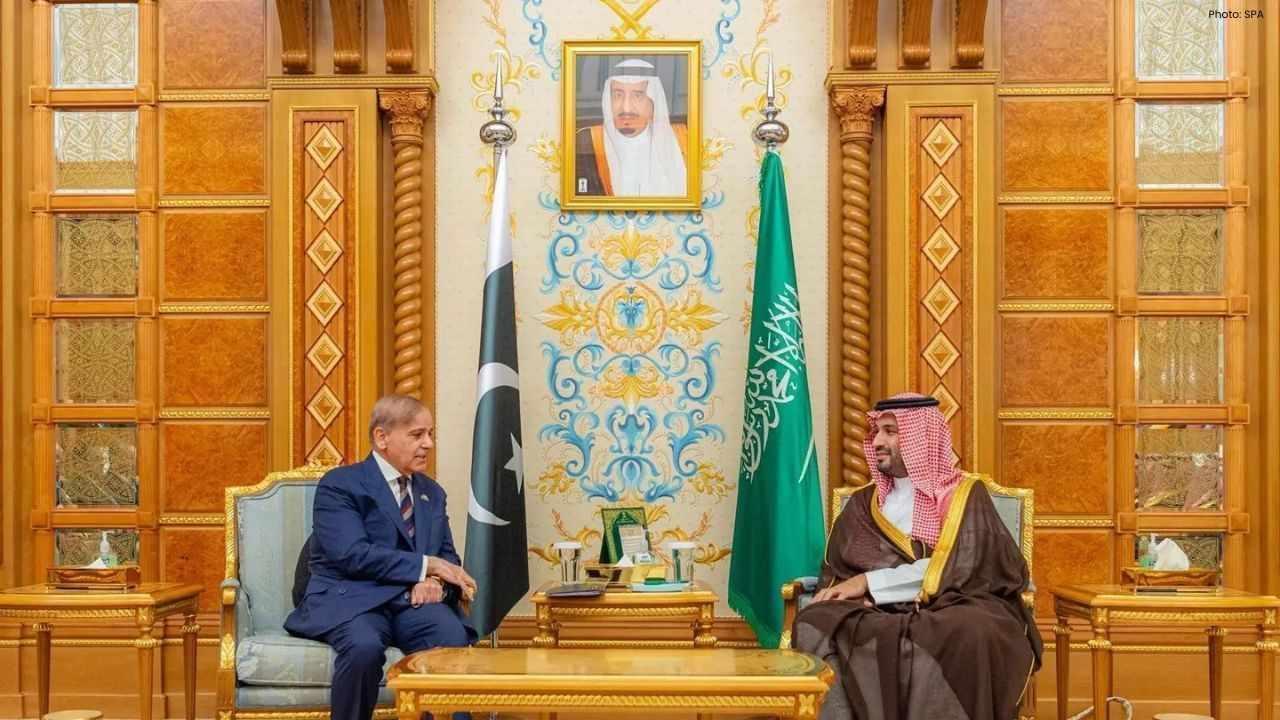


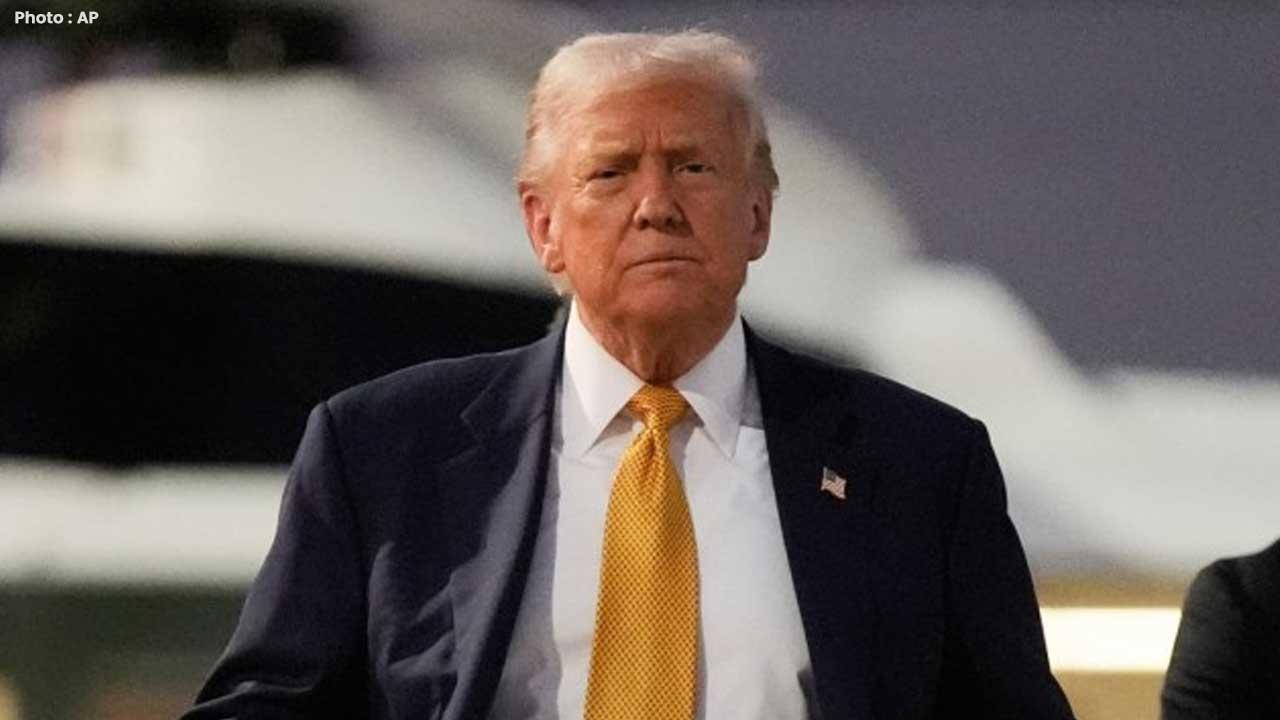
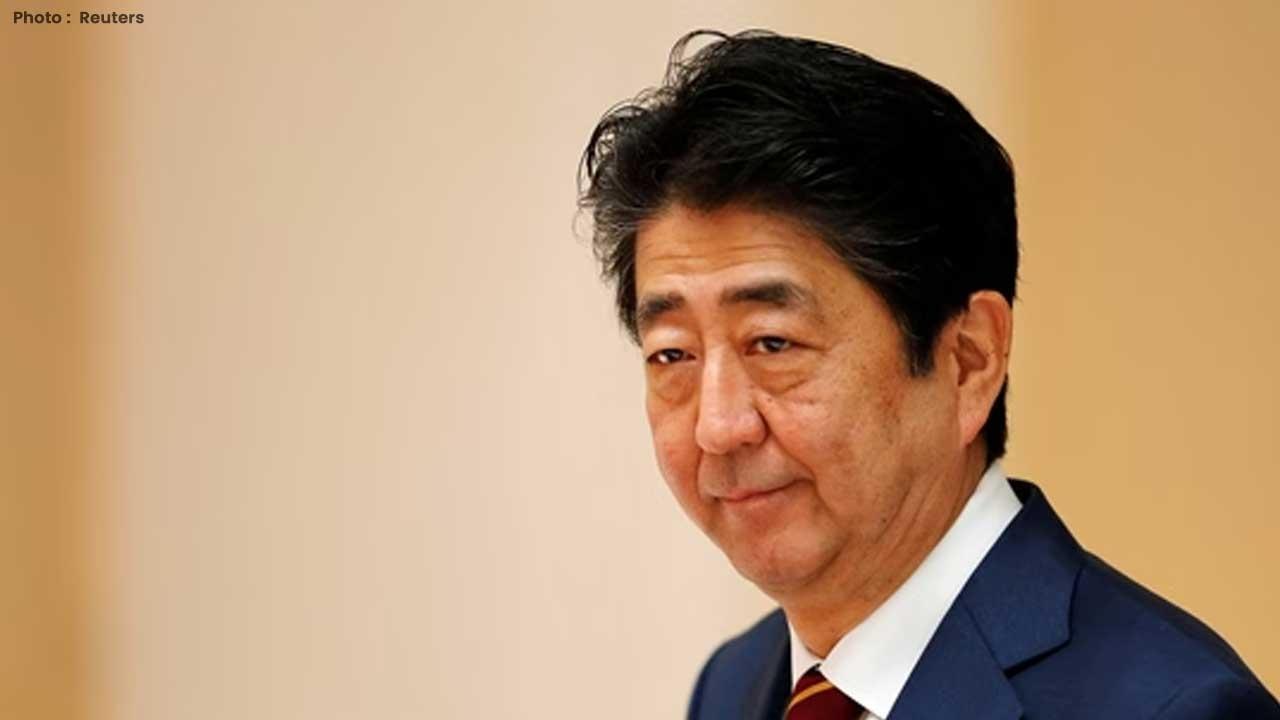
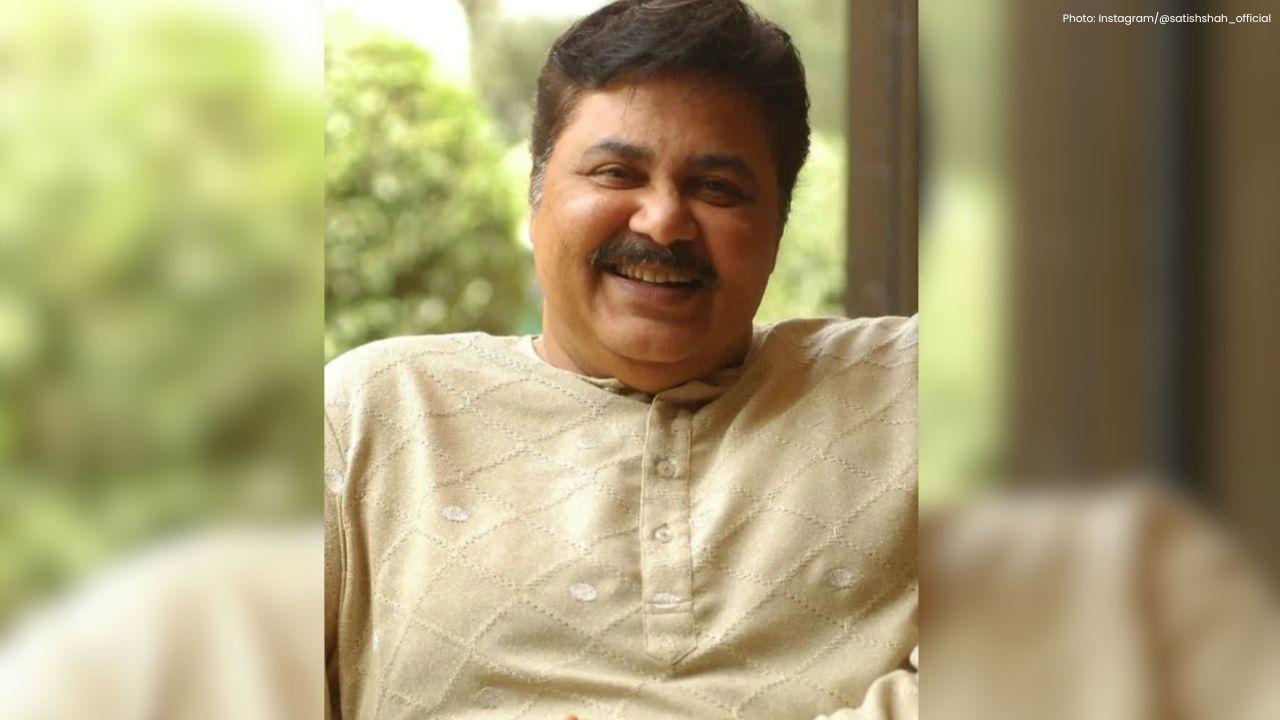

Shreyas Iyer in ICU in Sydney After Rib Injury During Third ODI
India ODI vice-captain Shreyas Iyer is in a Sydney ICU with internal bleeding from a rib injury sust

NBA Friday Highlights: Miami, Lakers, Milwaukee, and Clippers Triumph
Miami, Lakers, Bucks, and Clippers secure victories in thrilling NBA Friday games with standout perf

Doncic Dominates with 49 Points as Lakers Defeat Timberwolves 128-110
Luka Doncic scores 49 points to propel the Lakers past the Timberwolves 128-110; Reaves and Hachimur

Kings Narrowly Defeat Jazz 105-104 with Sabonis' Late Heroics
Domantas Sabonis' last-minute shot secures a thrilling 105-104 win for the Kings against the Jazz in

Argentina's Friendly Match with India Delayed, New Date to be Announced
Argentina's friendly against India in Kochi is postponed; a new date will be confirmed soon due to F

Rohit and Kohli Conclude ODI Journeys in Australia with a Win
Rohit Sharma and Virat Kohli close their ODI chapter in Australia with a win, partnering for an unbe